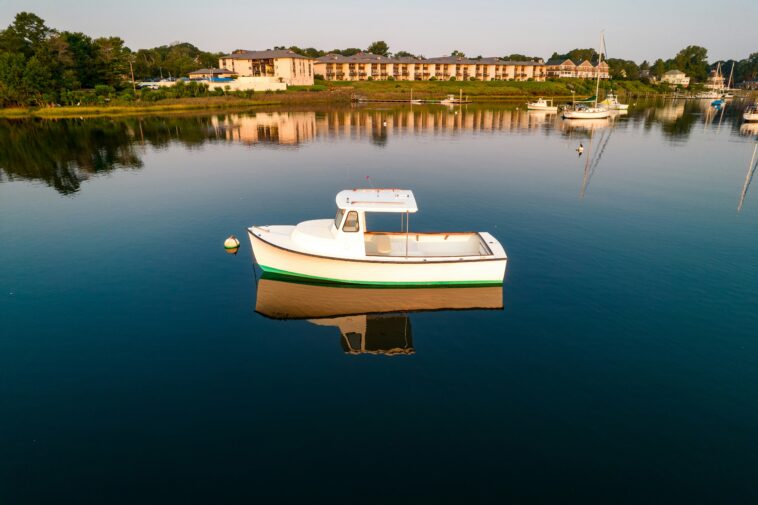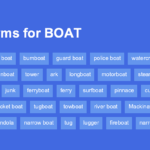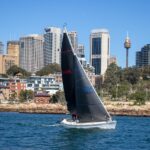Are You Planning to Go Boating in Maine?
If you’re planning to go boating in Maine, it’s important to familiarize yourself with the regulations that are in place to ensure safety on the waterways. Maine has specific rules and requirements that boaters must follow to protect the environment, wildlife, and other boaters. In this article, we will outline the regulations for boating in Maine to help you navigate the waters responsibly.
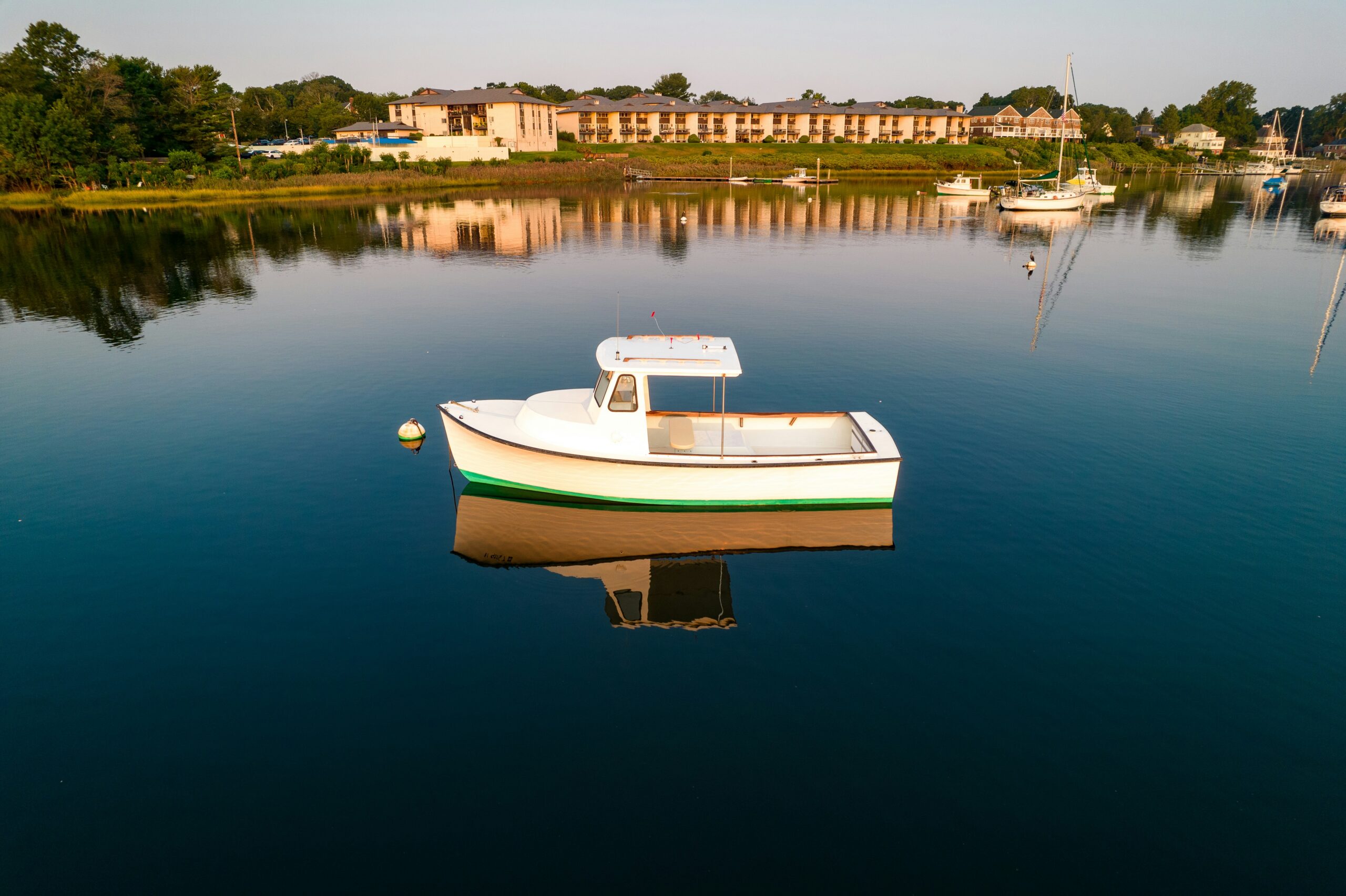
Boater Education Requirements in Maine
Before you head out on the water in Maine, you need to make sure that you meet the boater education requirements. In Maine, anyone born after January 1, 1983, who wishes to operate a motorboat must complete a boating safety course approved by the Maine Department of Inland Fisheries and Wildlife. This requirement applies to anyone 16 years of age and older.
Completing a boating safety course will not only keep you in compliance with the law but will also help you understand boat operation, navigation rules, safety equipment, and emergency procedures. It’s essential to have this knowledge to ensure a safe and enjoyable boating experience in Maine.
Maine’s Life Jacket Laws
Wearing a life jacket is crucial for boating safety, especially in Maine’s cold waters. In Maine, all individuals on board a watercraft, including canoes, kayaks, and paddleboards, must have a United States Coast Guard-approved personal flotation device (PFD) readily accessible. Children under the age of 10 must wear a life jacket at all times while aboard a watercraft, unless they are below deck or in an enclosed cabin.
Even if you are an experienced swimmer, accidents can happen quickly on the water, and having a life jacket can save your life in an emergency. Make sure that the life jackets you have on board are in good condition and properly sized for each passenger to ensure their effectiveness in case of an accident.
Maine’s Boating Speed Limits
Maintaining a safe speed while boating is essential to prevent accidents and protect wildlife and the environment. In Maine, there are specific speed limits that boaters must adhere to while operating watercraft on different bodies of water. For example, in certain areas, the speed limit may be lower to protect nesting areas of birds and other wildlife.
Always pay attention to speed limit signs posted in the waterways and be mindful of your speed, especially in busy boating areas. Excessive speed not only poses a safety risk to yourself and others but can also lead to citations and fines from enforcement agencies in Maine.
Alcohol and Boating Laws in Maine
Operating a boat under the influence of alcohol or drugs is illegal in Maine and poses a significant risk to everyone on the water. In Maine, the blood alcohol limit for operating a watercraft is the same as it is for driving a car, which is 0.08%. Law enforcement officers in Maine are authorized to stop and board vessels to check for compliance with boating under the influence (BUI) laws.
To ensure everyone’s safety on the water, designate a sober driver if you plan to consume alcohol while boating in Maine. It’s crucial to be responsible and make smart choices to prevent accidents and protect yourself, your passengers, and other boaters.
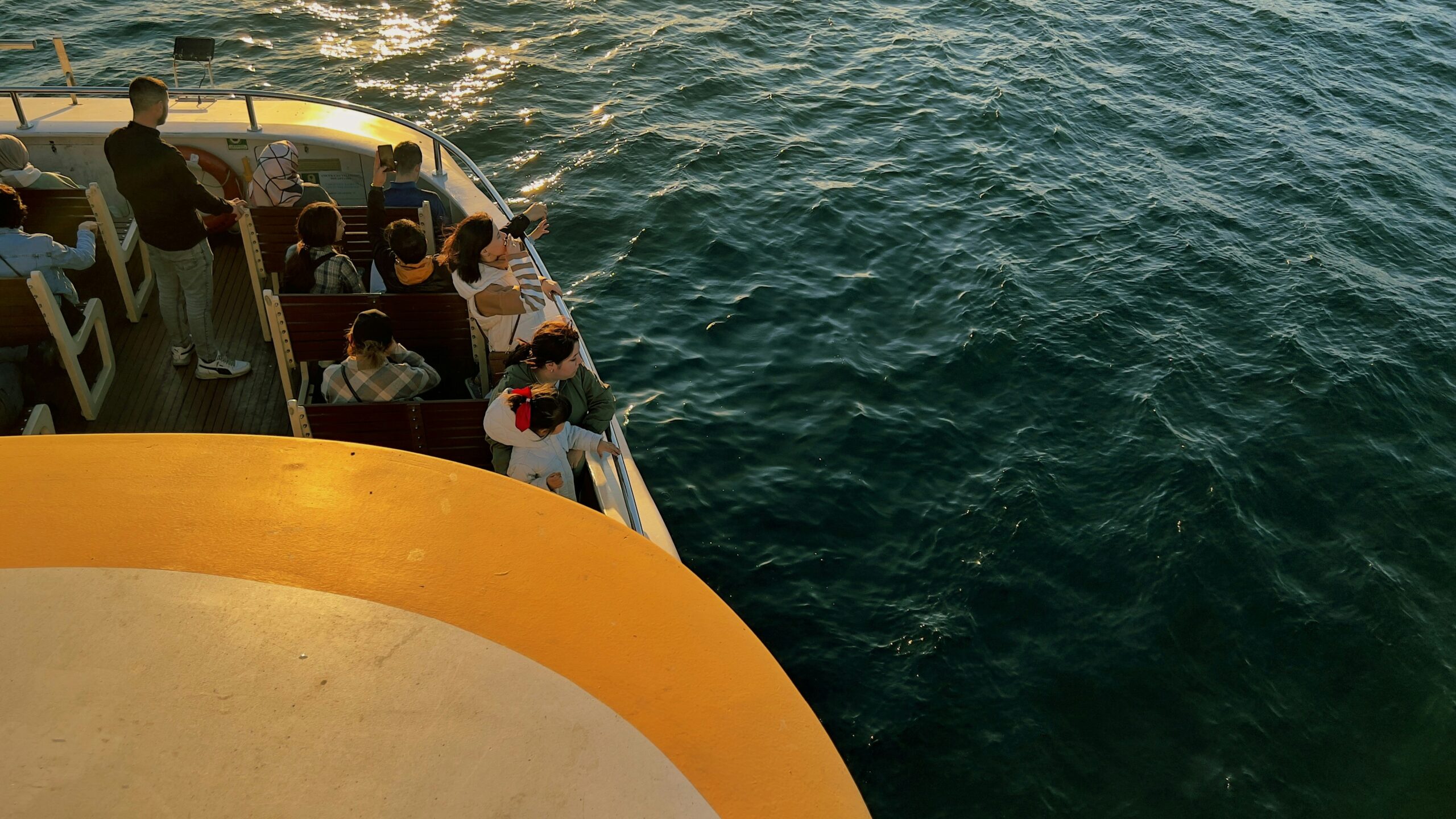
Fishing Regulations for Boaters in Maine
Maine offers excellent fishing opportunities on its waterways, but it’s essential to follow the state’s fishing regulations to protect fish populations and ensure sustainable fishing for future generations. If you plan to fish while boating in Maine, make sure you have a valid Maine fishing license if required. Licenses can be obtained online or from authorized agents throughout the state.
Additionally, familiarize yourself with the fishing regulations for specific bodies of water in Maine, as some areas have special restrictions on fishing gear, catch limits, and types of fish that can be targeted. By following these regulations, you can contribute to the conservation of Maine’s aquatic resources and enjoy a successful fishing experience.
Boating Permits and Registrations in Maine
Before you hit the water in Maine, you must ensure that your boat is properly registered and has any required permits. All motorized watercraft in Maine must be registered with the state, regardless of size or type. To register your boat, you will need to provide proof of ownership and pay the applicable registration fees based on the boat’s length.
Additionally, some bodies of water in Maine require special permits for boating, such as state parks or protected areas. Make sure to check the specific regulations for the waterway you plan to visit and obtain any necessary permits in advance to avoid penalties.
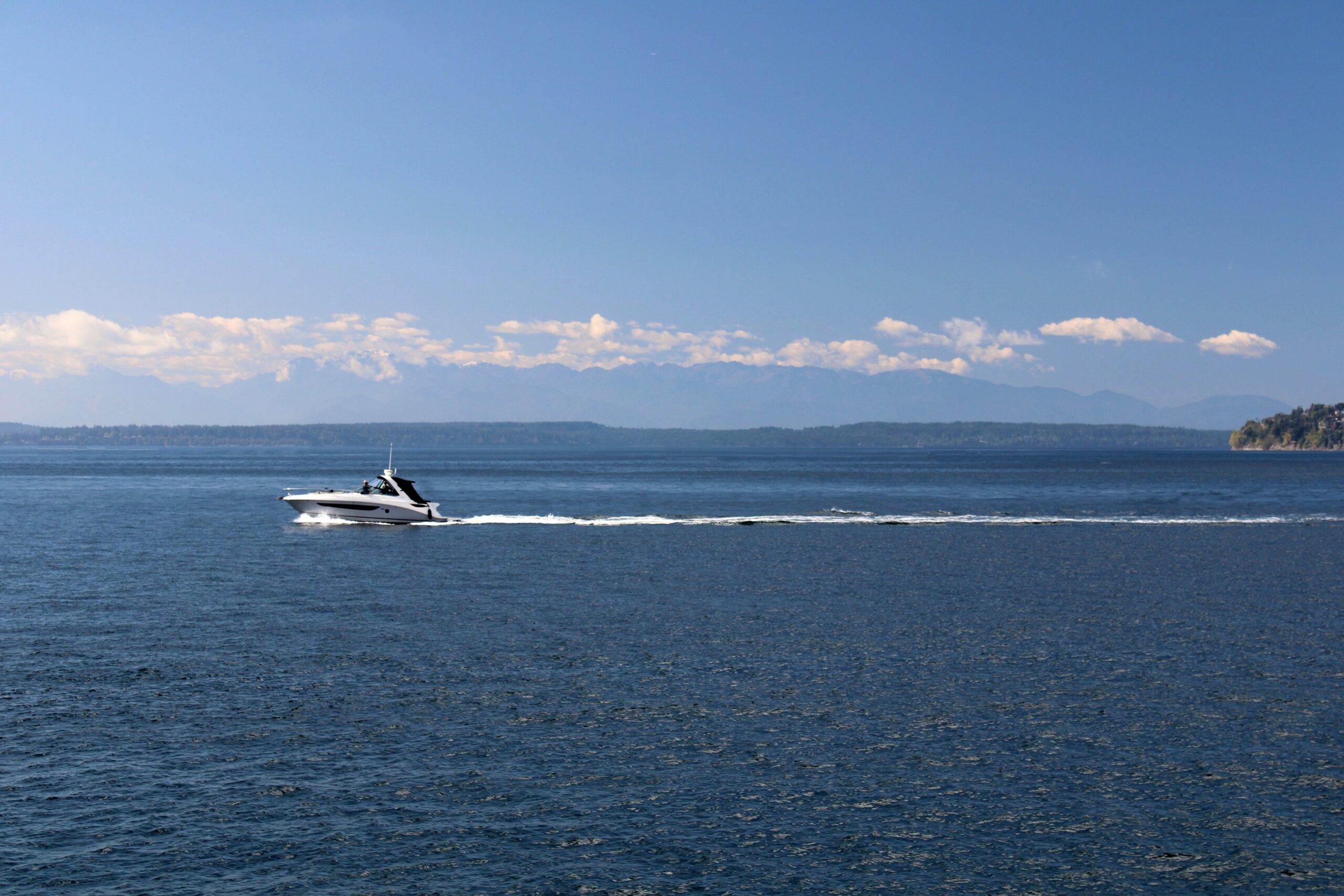
Reporting Accidents and Emergencies on Maine’s Waterways
Accidents can happen on the water, so it’s essential to know how to report incidents and emergencies while boating in Maine. If you are involved in a boating accident that results in injury, death, or substantial property damage, you must report it to the Maine Department of Inland Fisheries and Wildlife within 48 hours.
In case of emergencies, such as someone falling overboard, a fire on board, or a medical issue, you should contact the nearest emergency services immediately. Having a plan in place and knowing how to respond to emergencies can make a significant difference in the outcome of a dangerous situation on the water.
Protecting Maine’s Environment While Boating
As a responsible boater in Maine, it’s crucial to protect the environment and natural resources while enjoying the state’s waterways. Avoid littering or dumping trash into the water, as it can harm wildlife and pollute the ecosystem. Make sure to dispose of any garbage properly when on land and use designated trash receptacles to keep the water clean.
Additionally, be mindful of sensitive habitats along the shoreline, such as marshes, wetlands, and nesting areas for birds. Maintain a safe distance from these areas to minimize disturbance to wildlife and help preserve Maine’s natural beauty for future generations to enjoy.
Boating Safety Tips for Maine’s Waterways
Before you embark on a boating adventure in Maine, it’s essential to follow some key safety tips to ensure a safe and enjoyable experience on the water. Always wear a life jacket and make sure that all passengers on board have properly fitted personal flotation devices. Check the weather forecast before heading out and be prepared for changing conditions on the water.
It’s also crucial to have essential safety equipment on board, such as a fire extinguisher, first aid kit, navigation lights, and a sound-producing device. Familiarize yourself with navigation rules and the layout of the waterway you plan to explore to avoid hazards and navigate safely.
Conclusion
Boating in Maine offers a fantastic opportunity to explore the state’s beautiful waterways and enjoy outdoor recreation. By understanding and following the regulations outlined in this article, you can ensure a safe and responsible boating experience for yourself and others. Remember to stay informed, be prepared, and always prioritize safety when on the water in Maine. Happy boating!



